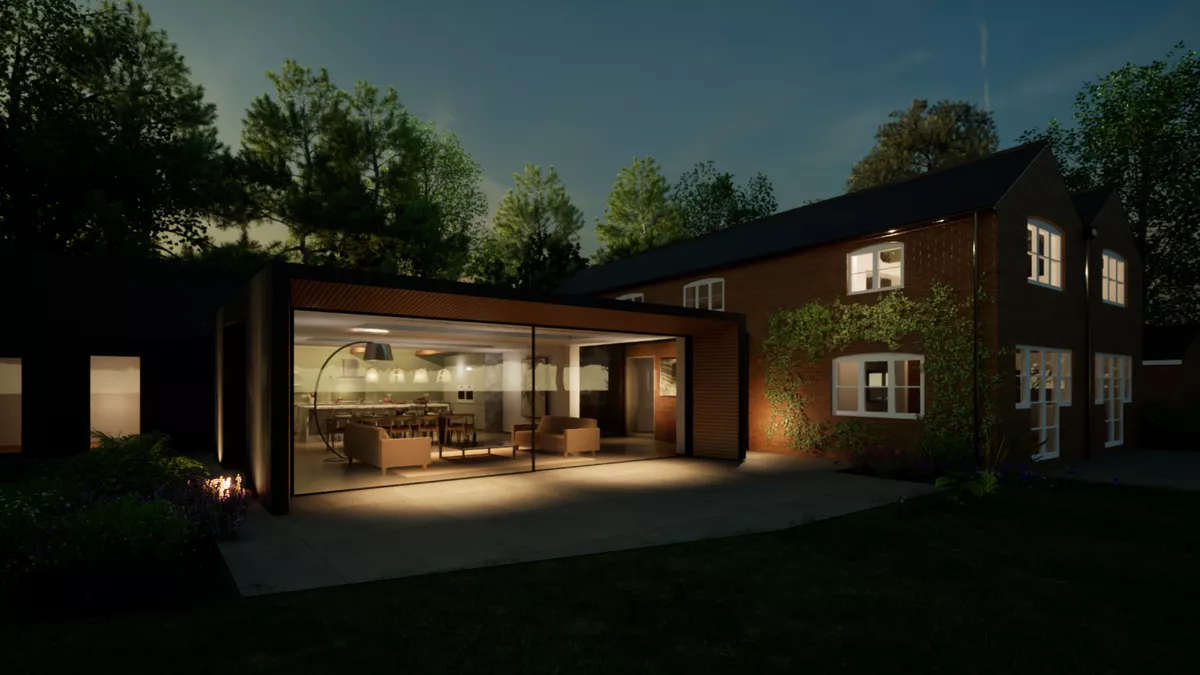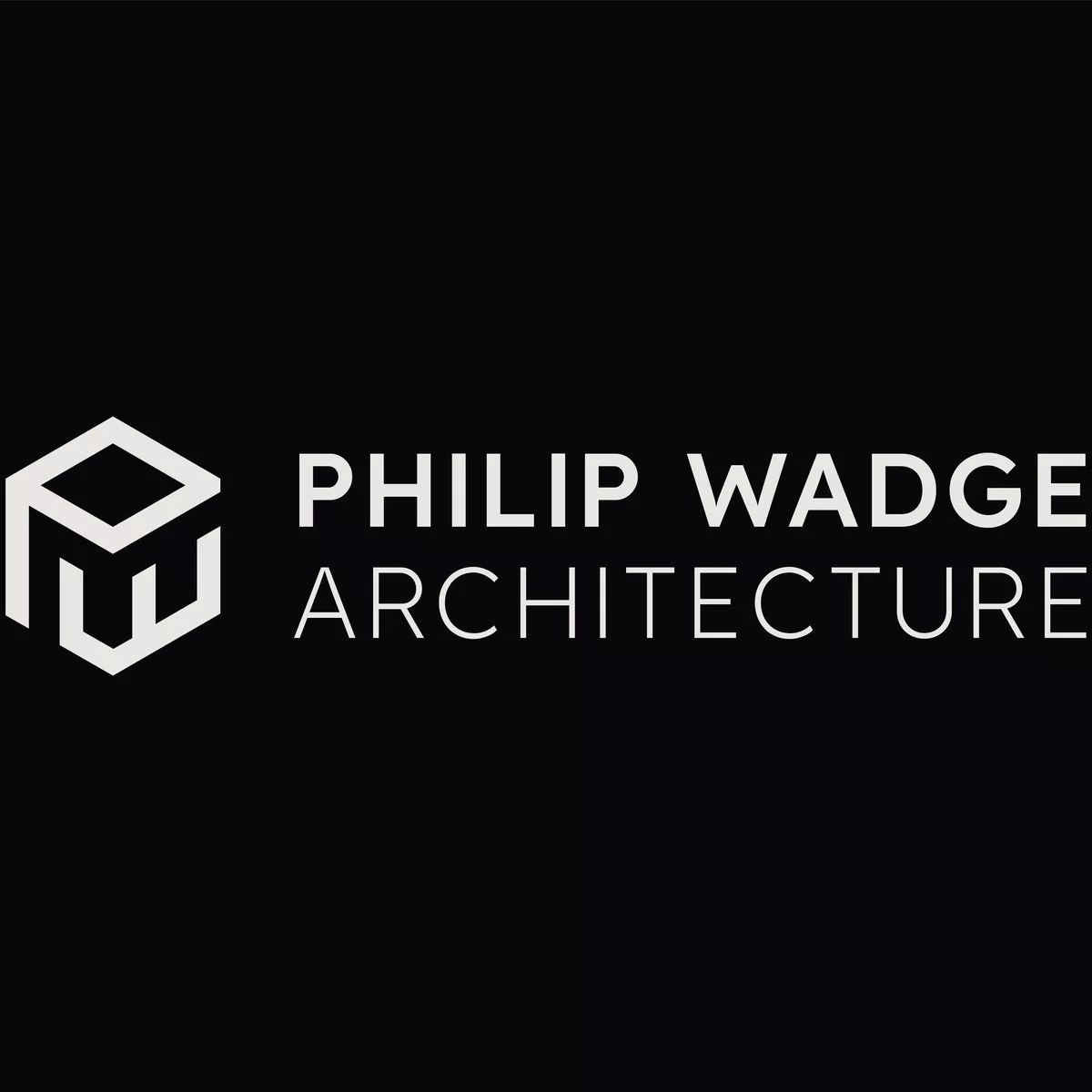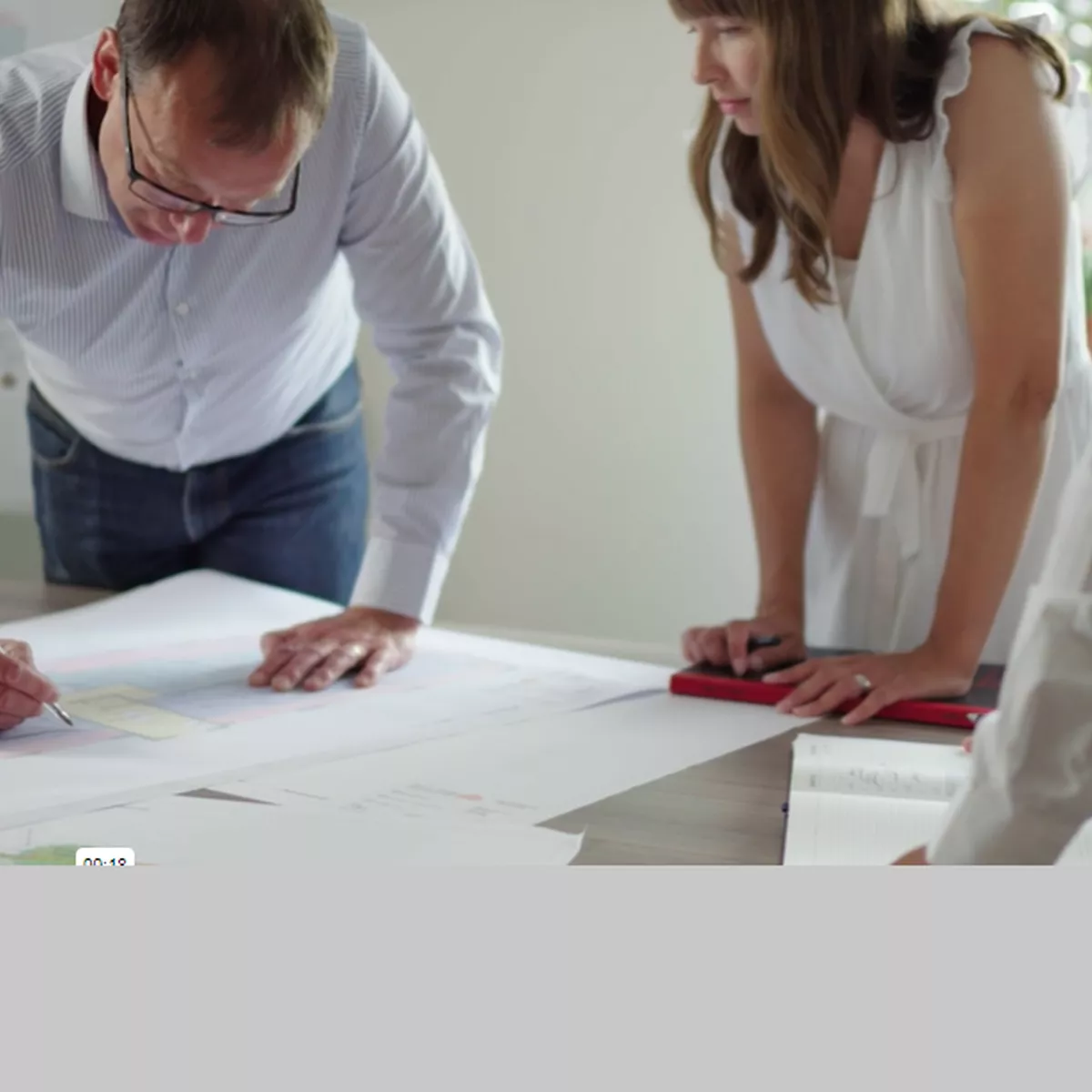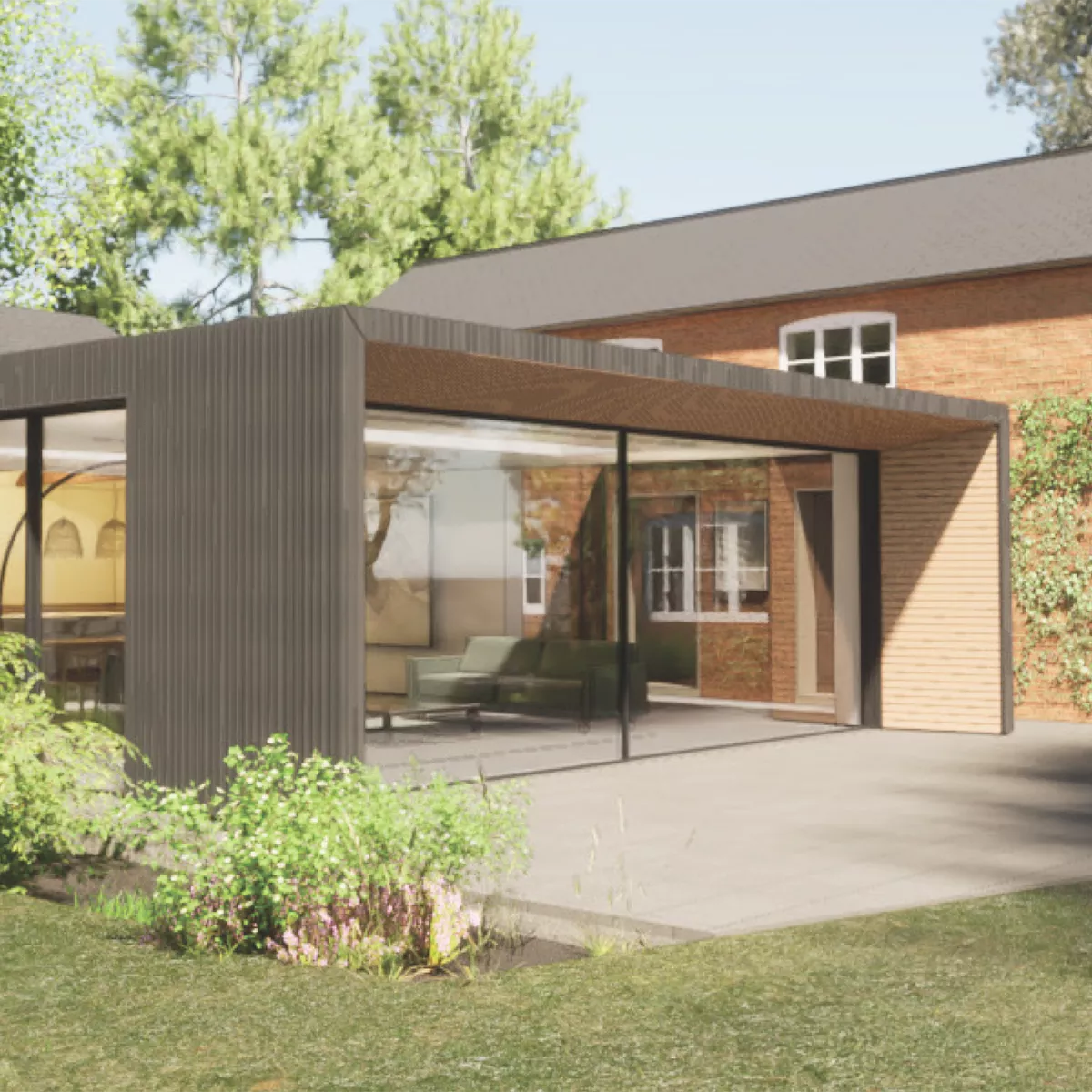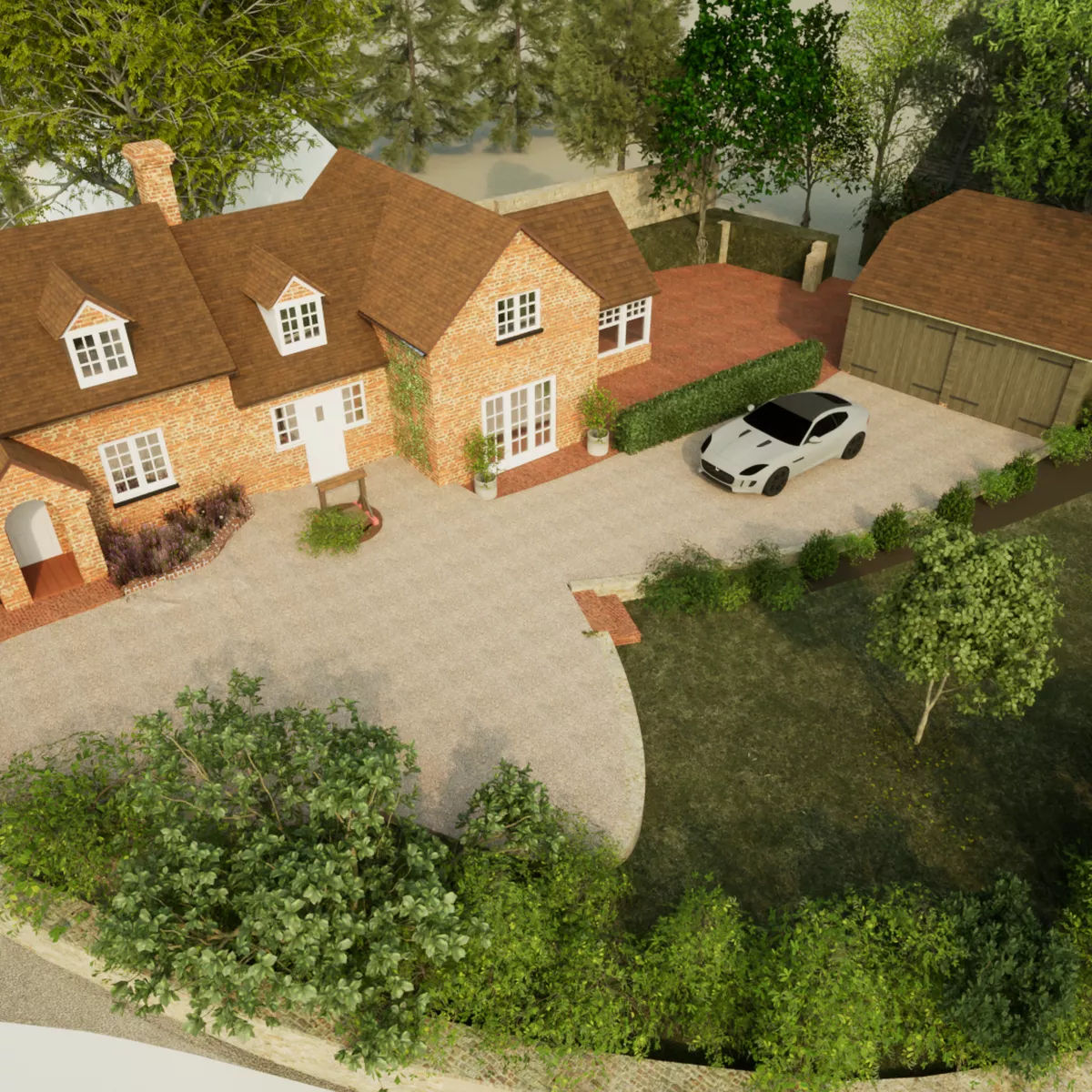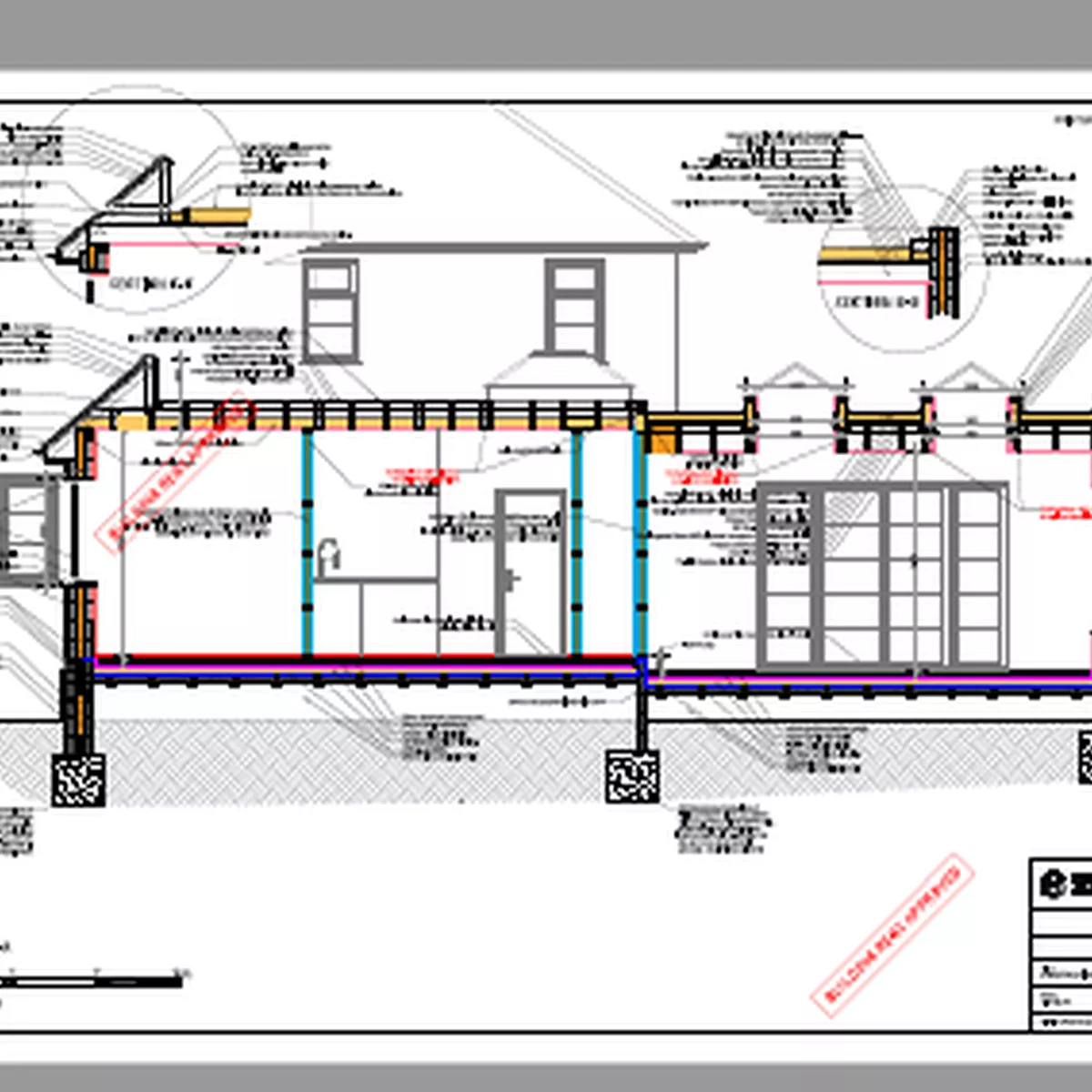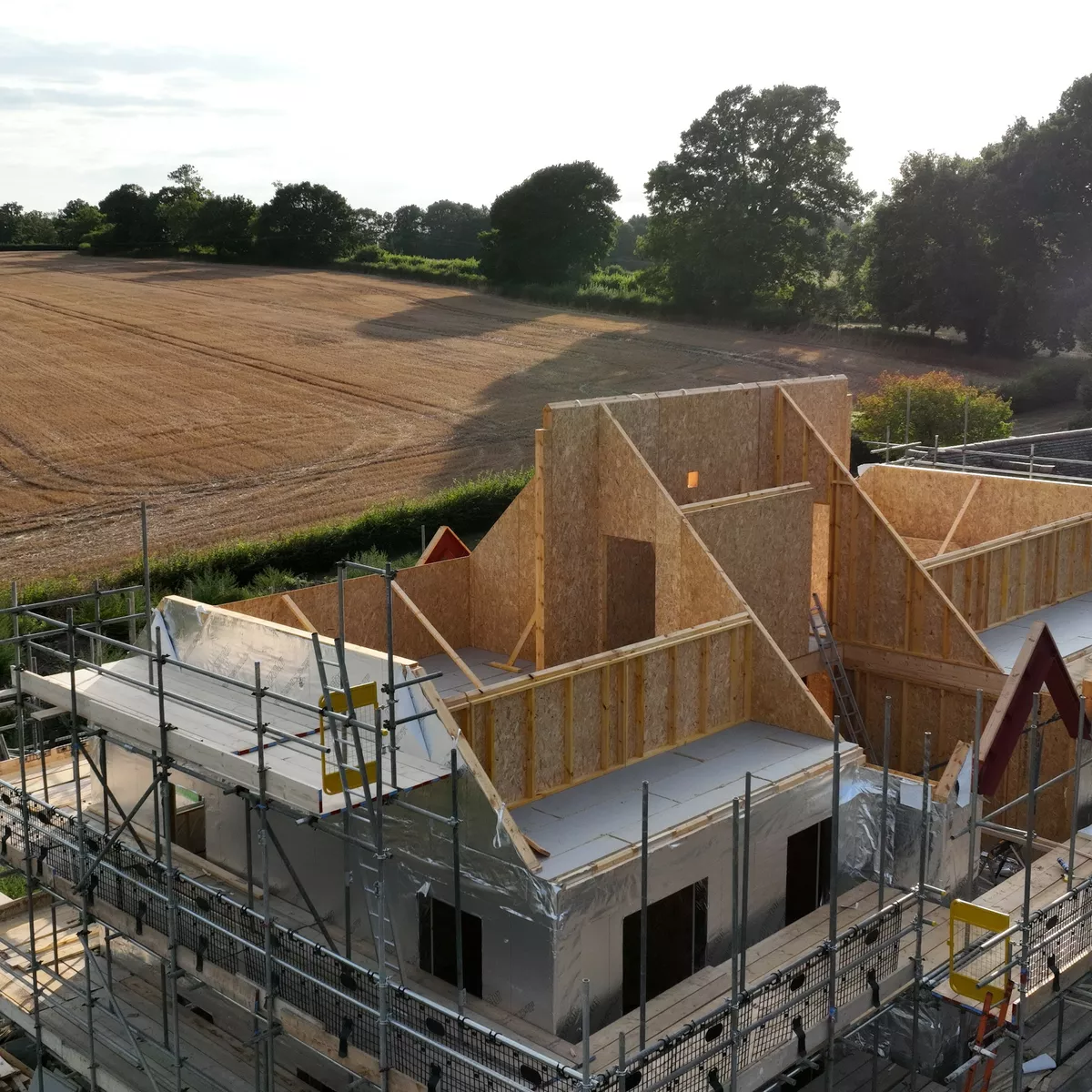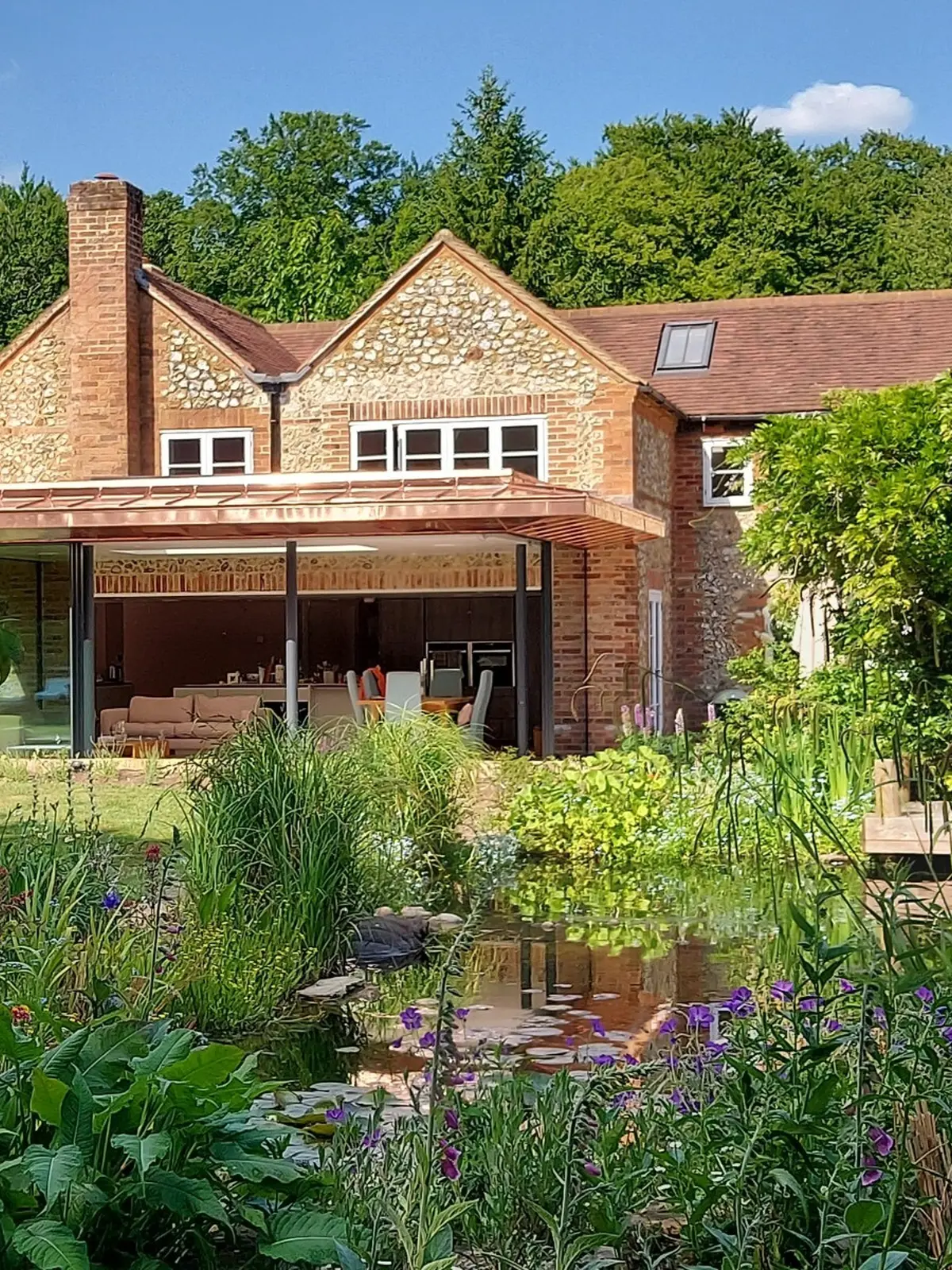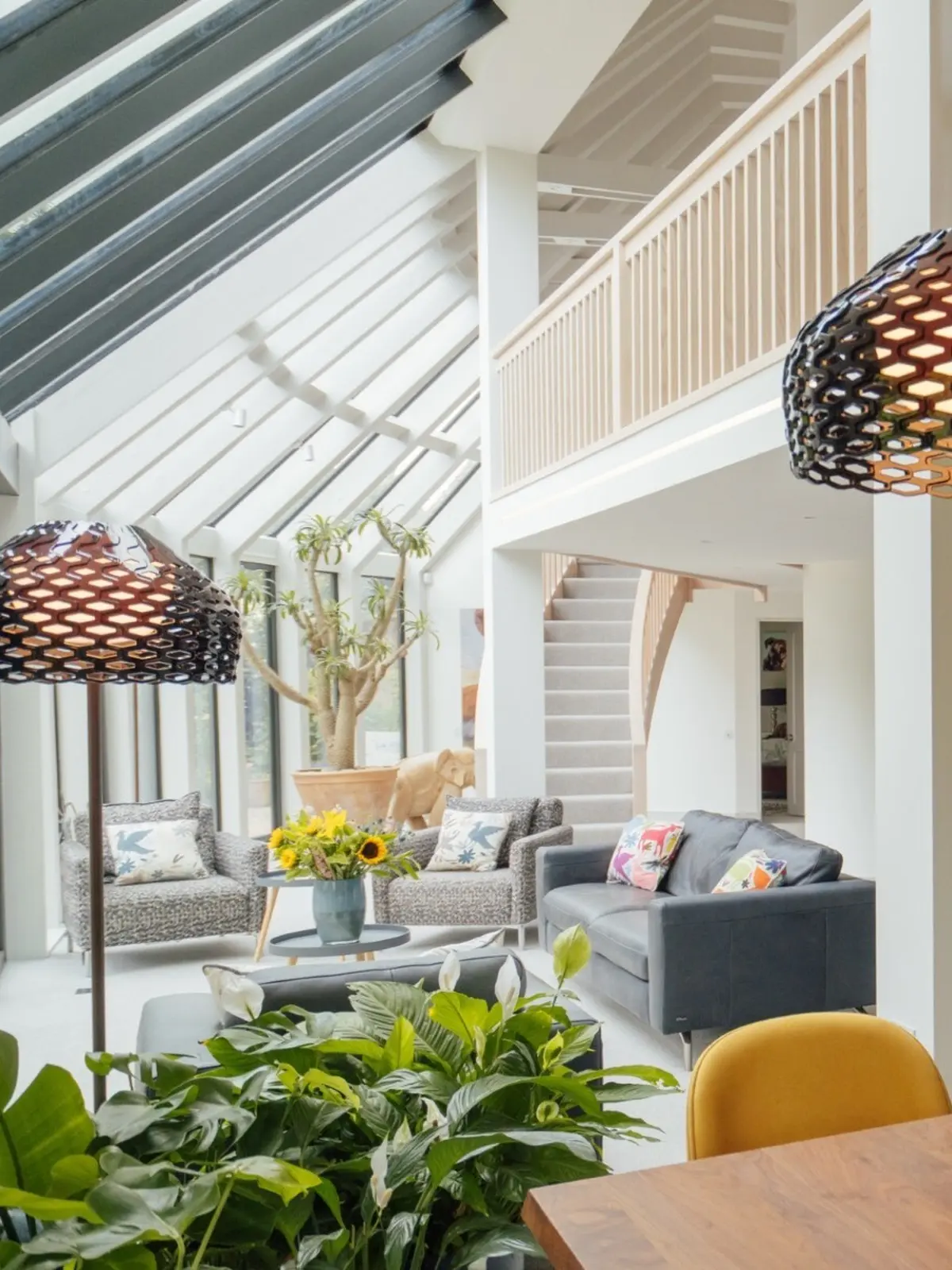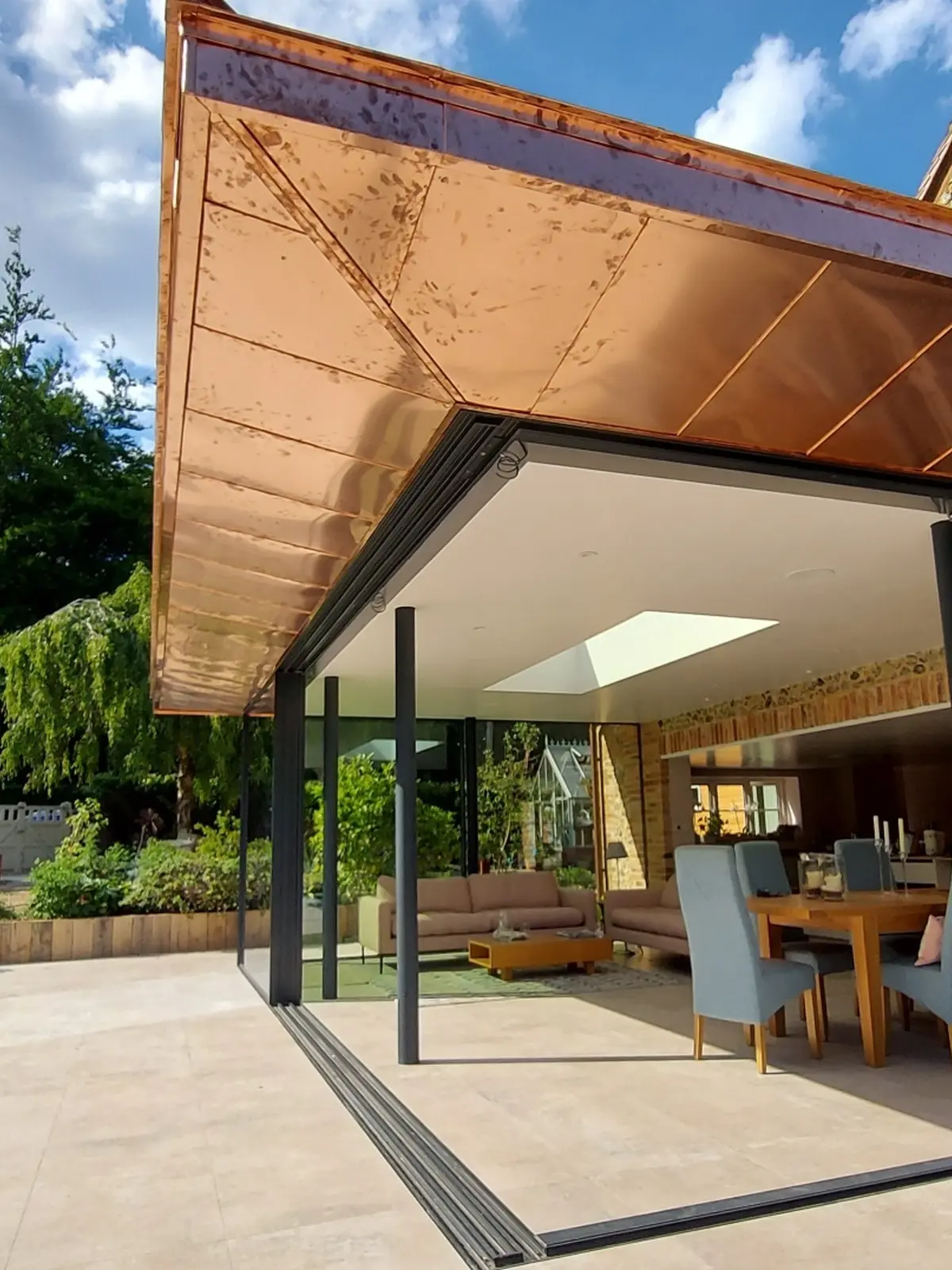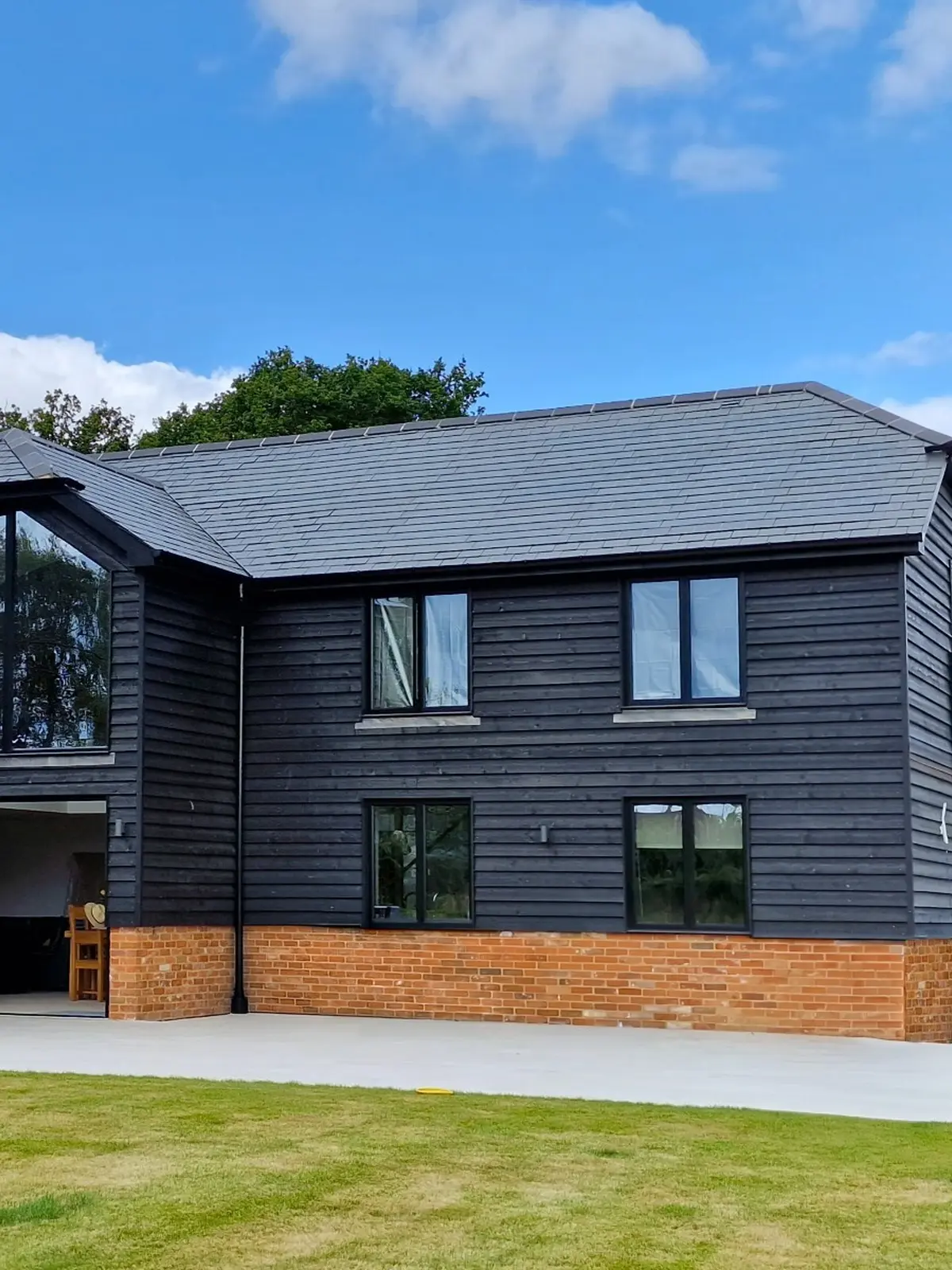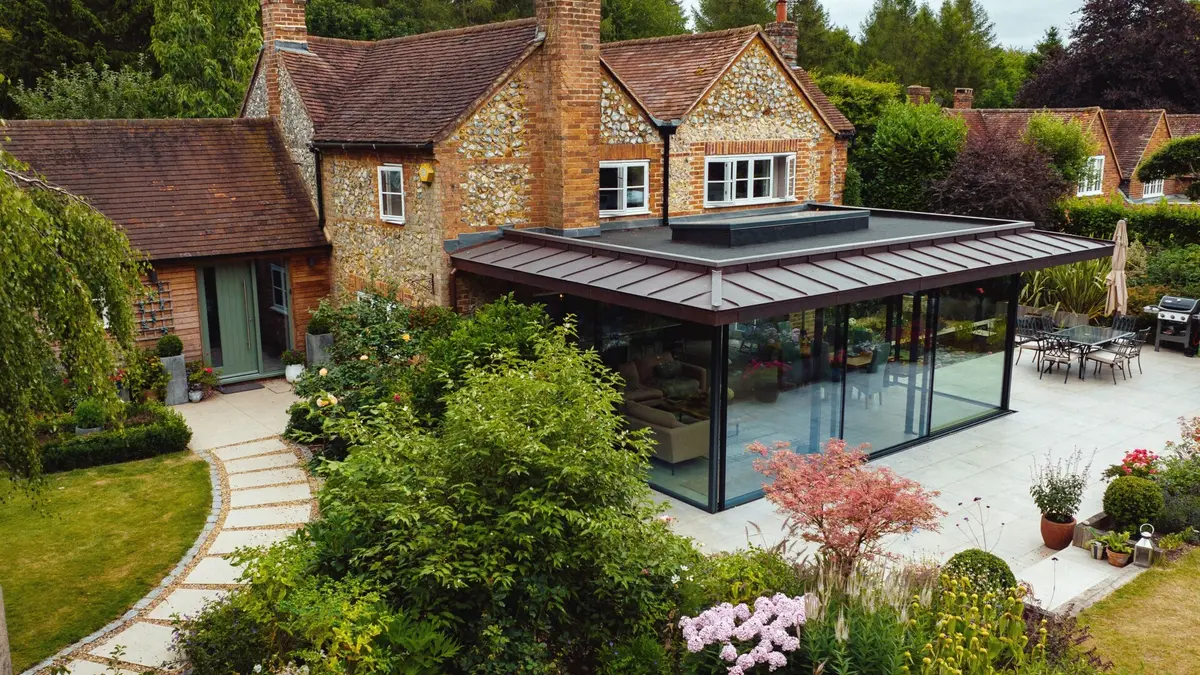
Holistic Approach
To Sustainability
Our Goal is Simple...
To design energy efficient homes that lower your carbon footprint and feel incredible to live in - now and for the future.
At Philip Wadge Architecture, we believe that truly beautiful homes begin with responsible design. By combining energy-efficient layouts, renewable energy systems, and sustainably sourced materials, we deliver bespoke new builds and green renovations that not only look exceptional but also tread lightly on the planet.
Our designs blur the line between indoors and out—sliding glass walls, garden-facing extensions, natural roof lighting, and alfresco dining areas enhance the connection with the environment. The result is a low-impact, future-proof home that nurtures wellbeing and family life.
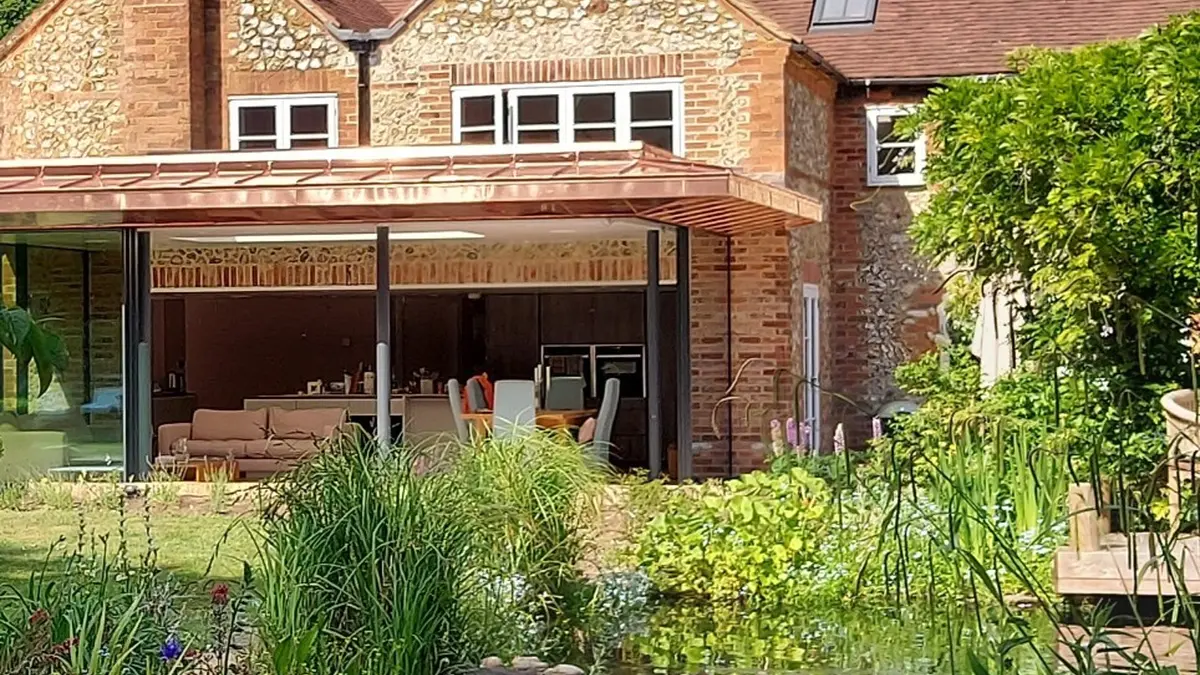
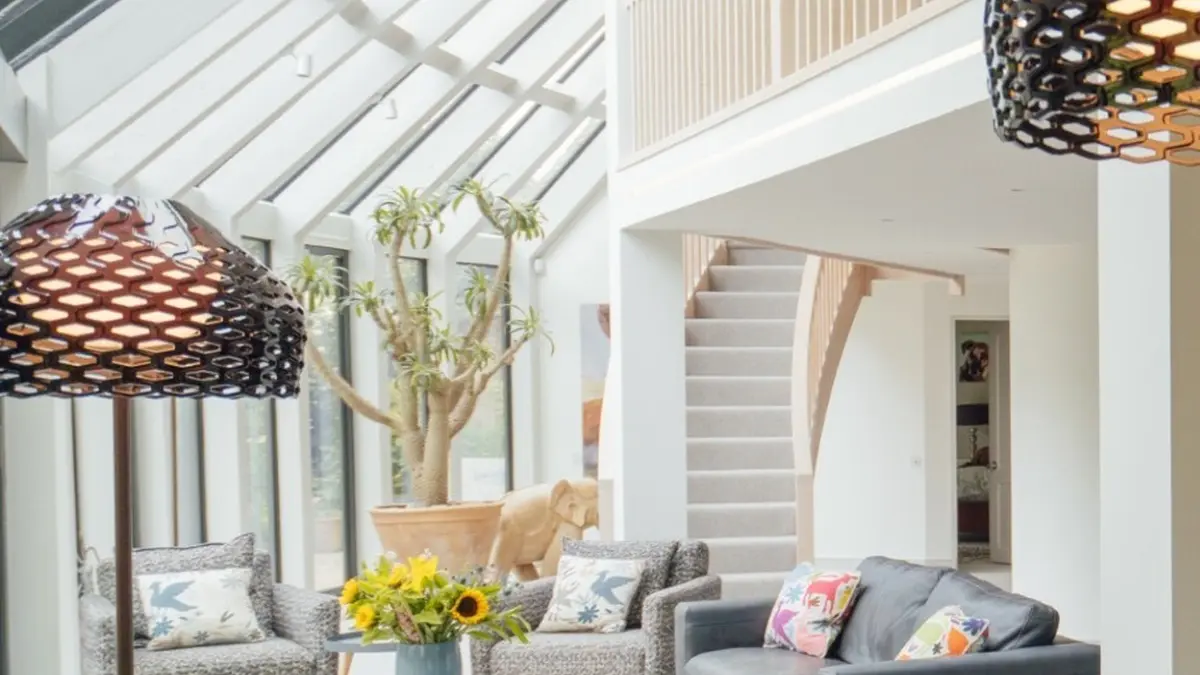
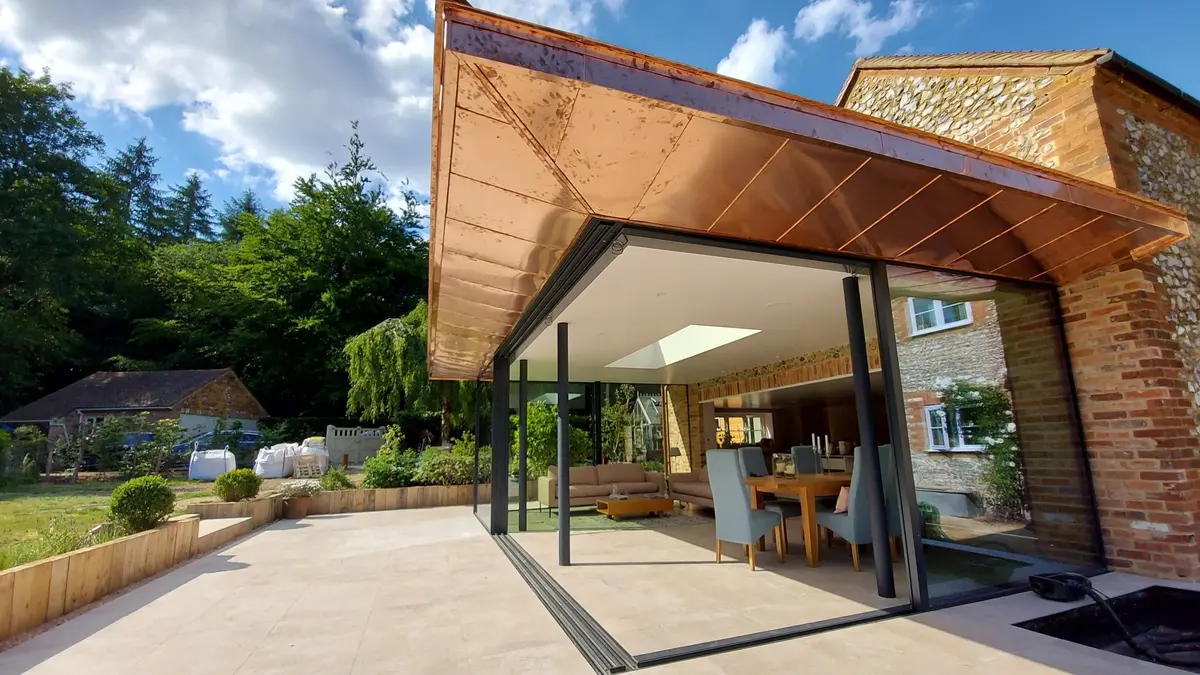
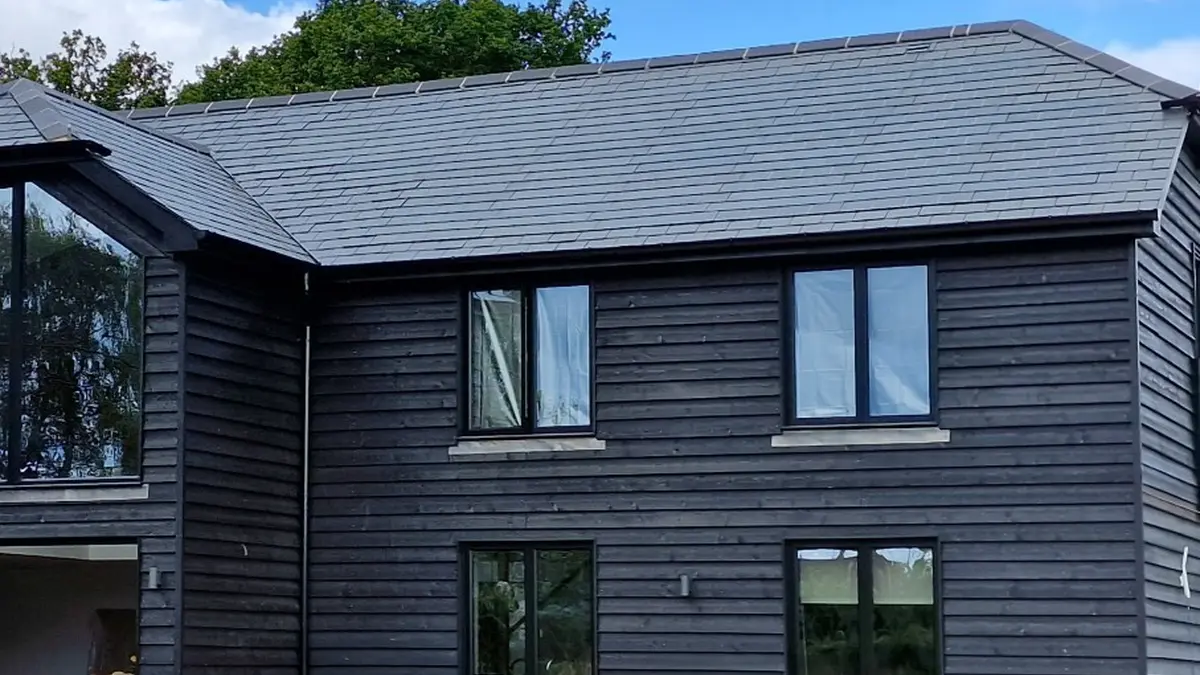
Energy Efficient Homes That Pay Back
From thorough eco retrofits to new low-carbon builds, we help you cut energy loss, reduce bills, and improve comfort. Upgrading insulation to your walls, floors, roofs, and glazing can slash heat loss by up to 75% - transforming a leaky D or E rated house into a sleek, high-performing A or B. Using the latest SAP software, we will assess your current and proposed home to allow you to make the best-informed decisions.
Low-Carbon Tech That Works for You
We design homes that generate, store, and manage their own energy—using air-source heat pumps, PV solar panels, and battery storage in a smart low-carbon loop. That means less energy from the grid, no burning of fossil fuels, a comfortable living environment, efficient hot water, EV charging, and even summer cooling - powered by your own roof.
Air Source Heat Pumps
Today’s models are over 400% more efficient, quieter, and better at heating hot water than ever before. And with the £7,500 government grant, they’re one of the fastest payback routes to low-carbon heating and future proofing your home. The catch? Your home needs great insulation to perform at its best, something we build into the design as part of a fabric first solution.
PV Solar & Battery Storage
Pairing solar with battery storage maximises value and return on investment. During summer months you could be generating all the energy you need, and in winter, you can buy electricity overnight at off-peak rates - as low as a quarter of daytime prices - and store it for use during the day.
We work with expert installers to optimise your roof setup; flat or pitched, east, south or west, with the latest panels producing more energy from overcast and winter lighting. If you want discreet options, we can offer PV slates, flat roof systems or integrated panels.
Case Study - The Oaks
The Oaks contemporary new-build home is designed to be a modern low-energy, zero-carbon, and future-proofed home. It is highly insulated, with a ground source heat pump, a substantial battery, and solar panel array hidden on the large flat roof. The masonry walls and concrete floor have a higher thermal mass to moderate overheating aided by MVHR ventilation with an additional cooling (full aircon not needed).
The joined-up approach to low-carbon heating and cooling will ensure a comfortable and healthy living environment through the year with lower bills and minimal environmental impact.





The Oaks
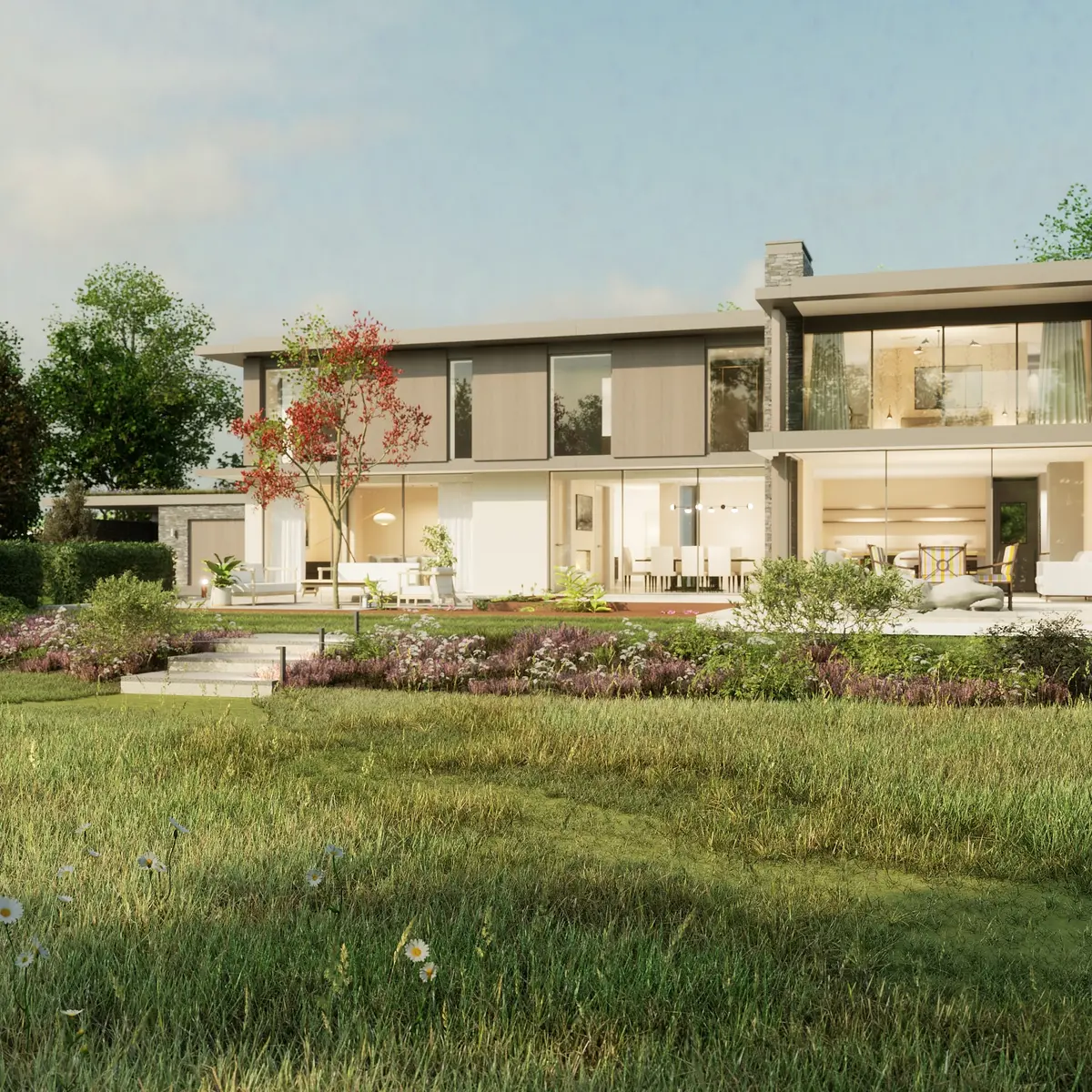
Share Your Ideas With Us
